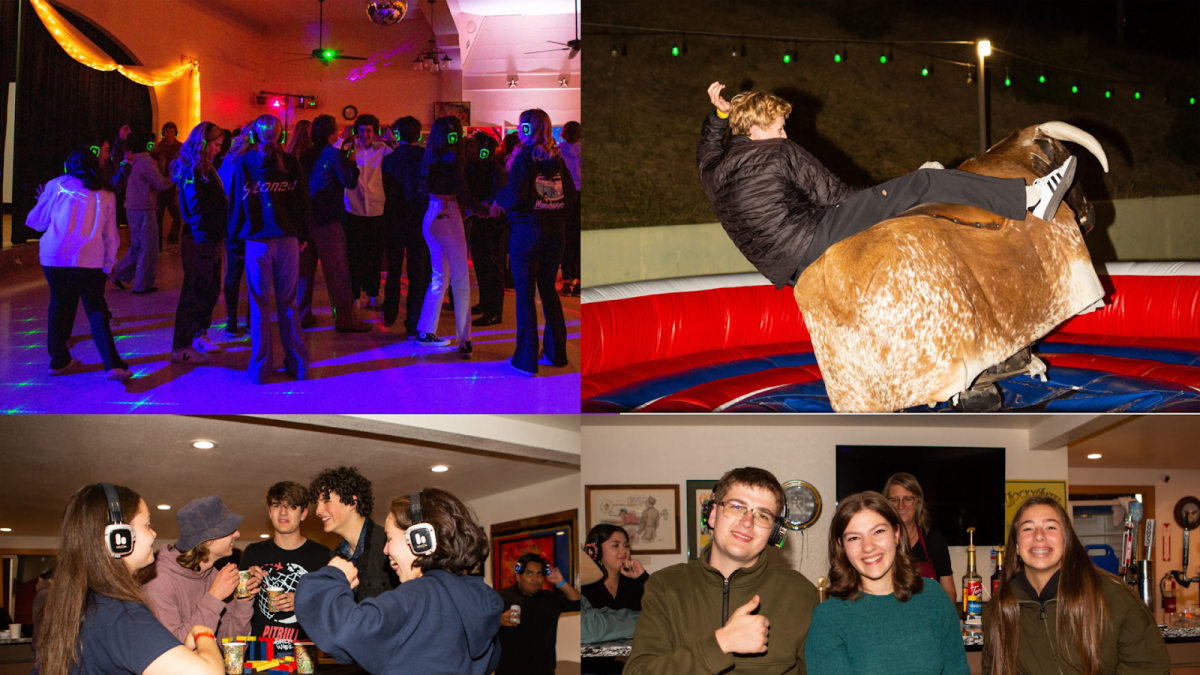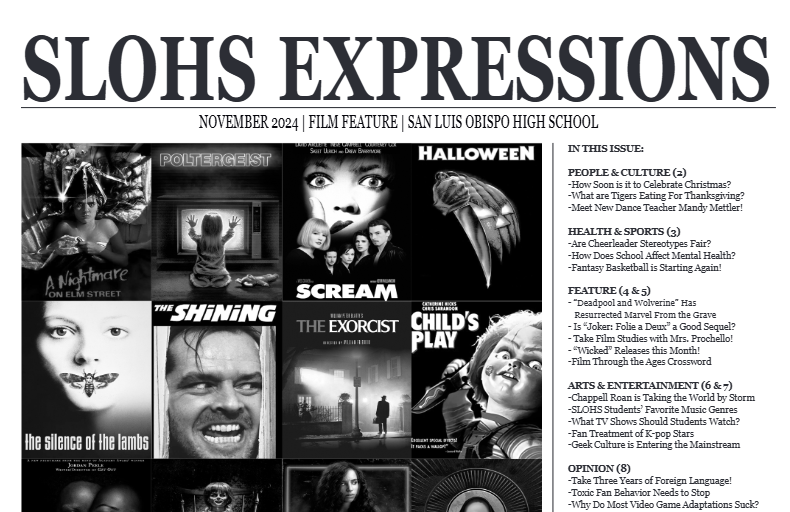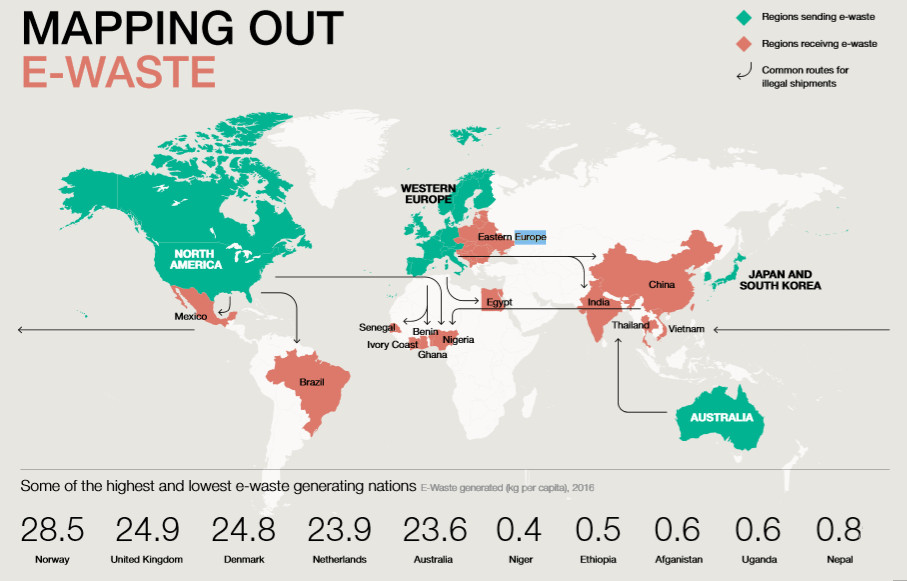Maybe you’ve heard it; teenagers around the halls or on social media carelessly tossing around the term “gypsy” to describe things like fringe culture, hipsters, girls in flowy skirts, and even music that doesn’t play on the mainstream radio. But do these young people really understand the meaning and impact of their words? Many who use the term “gypsy” often either ignore the true meaning of the word, or don’t know it. Roma or Romani people, an ethnic group found mostly in Eastern Europe, but also found throughout the world, are often referred to by the derogatory term “gypsy”, a misnomer hailing from the fact that, due to their darker skin and features, Europeans thought that they came from Egypt. However, examination of Roma DNA has shown that the traveling group most likely came from South East Asia. The term “gypsy” has plagued Roma people for centuries, as they have been forced out of nations and villages, persecuted in genocides, and rejected from society at large.
“I don’t know; I have my own meaning. There’s not really a definition for me. When we use it, it’s kind of just a joke,” said SLOHS graduate Bray Etter. That it itself is one of the main problems; we use a derogatory term as a joke instead of thinking about the impact of its meaning.
So why do we continue to perpetuate myths about a persecuted people, and use a slur as a playful word? More likely than not, this carelessness stems from our ignorance. As we don’t interact with Roma people on a daily basis, we don’t understand the impact of our words.
“I think it’s just a way of life that’s really different,” said SLOHS graduate Cade Aguilar.
“So I think there’s a lot of historical context behind the term ‘gypsy’, and I think in our modern culture, we tend to use it to describe a more bohemian lifestyle, which is becoming really popular, but I think it depends what context you use it in,” said SLOHS graduate Tessa Boone.





































Grace Berscheid • Aug 23, 2016 at 12:11 pm
This seems like it could be really eye opening to a lot of people. Also has really well thought out points considering the fact that as a society we don’t really know the line between overly “P.C.” and just being unaware and apathetic.